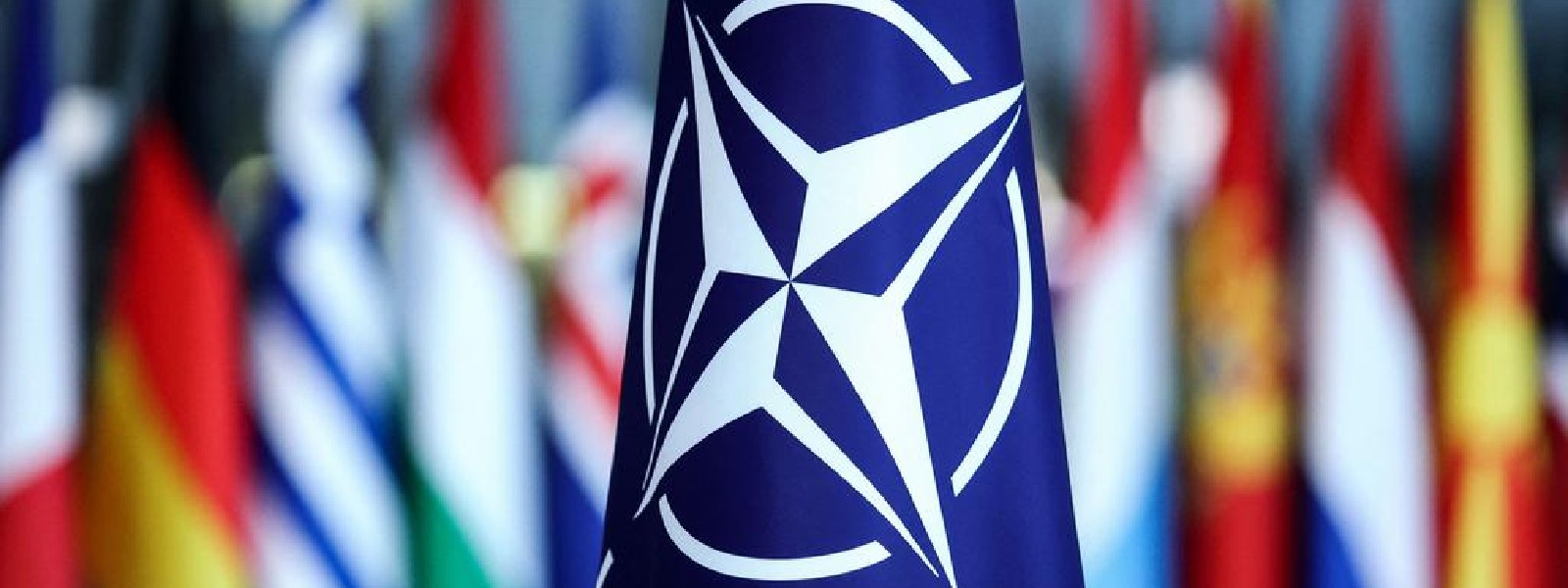.webp)

New NATO memberships touch Putin's nerves
Subsequent to being parried by NATO member Turkey for decades, Stockholm and Helsinki made a formal request for membership to join the defensive military alliance this May; a request that was approved in June this year. The procedure is a lengthy diplomatic process and unanimous approval from all 30 member nations is required to ratify the accession. According to former Finnish Prime Minister Alexander Stubb, “applicants do not get more NATO compatible than this”.
The most concerning implication of the two prospective NATO members is the expansion of the NATO border in Europe and Russia’s reaction to this; Finnish membership would add approximately 830miles of NATO membership at Russia’s border, and both members would greatly intensify the presence of NATO in the Baltic Sea and the Arctic circle. Overwhelming evidence suggests that Putin’s invasions of the Crimea, Donbass regions and now Ukraine were and are motivated by his intention to create a protective bulwark of regions under Russian domination around his ‘empire’. As it remains, NATO leaders have violated the post Cold-War agreements that bound western allies against expanding pressing into the former Soviet bloc. Putin has however expressed that although Sweden and Finland do not pose a direct threat to his sphere of influence, the gradual expansion of NATO into the Arctic circle may create bases for military equipment.
Putin’s February invasion of Ukraine, has encouraged NATO to be exceptionally cautious. The intention of granting Finland and Sweden passage into the military alliance was to strengthen NATO capacities in the Arctic region in which Russia has densely invested in commercial and military infrastructure.
Breaking with centuries of historical neutrality Russia’s recent aggression provoked the 2 nations to apply for membership. Both Finland and Sweden despite having large landmass possess smaller military forces, albeit advanced. Upon accession into the alliance, both countries are meant to raise their defense spending; Unlike Helsinki, Stockholm has yet to cross the 2 percent threshold for defense spending. However, the government in Stockholm approved a 40% in-crease in the defense budget for the 2021–2025 period, bringing total spending from $7.2 billion in 2022 to $11 billion by 2025 and marking the largest defense spending increase in seventy years. The new allies will act also as a catalyst for the enrichment of NATO logistical tactics and infrastructure for troop reinforcement.
Both countries apply for membership with an enriched history of the threat of Russian aggression to neighboring countries; from the 15th century, Sweden has been parrying Moscow via several wars. Meanwhile, an independent Finland was only born with the collapse of imperial Russia in 1917. The question remains, how will Putin respond to the new expansions of the transatlantic alliance? Not kindly considering that the accession of Sweden and Finland (that lies on the bor-der of Russia) will further entrench the region’s geopolitical rivalry.
Other Articles
Featured News





.png )
-819380_550x300.jpg)


-812087_550x300.jpg)
-810262_550x300.jpg)
-809496_550x300.jpg)




















.gif)